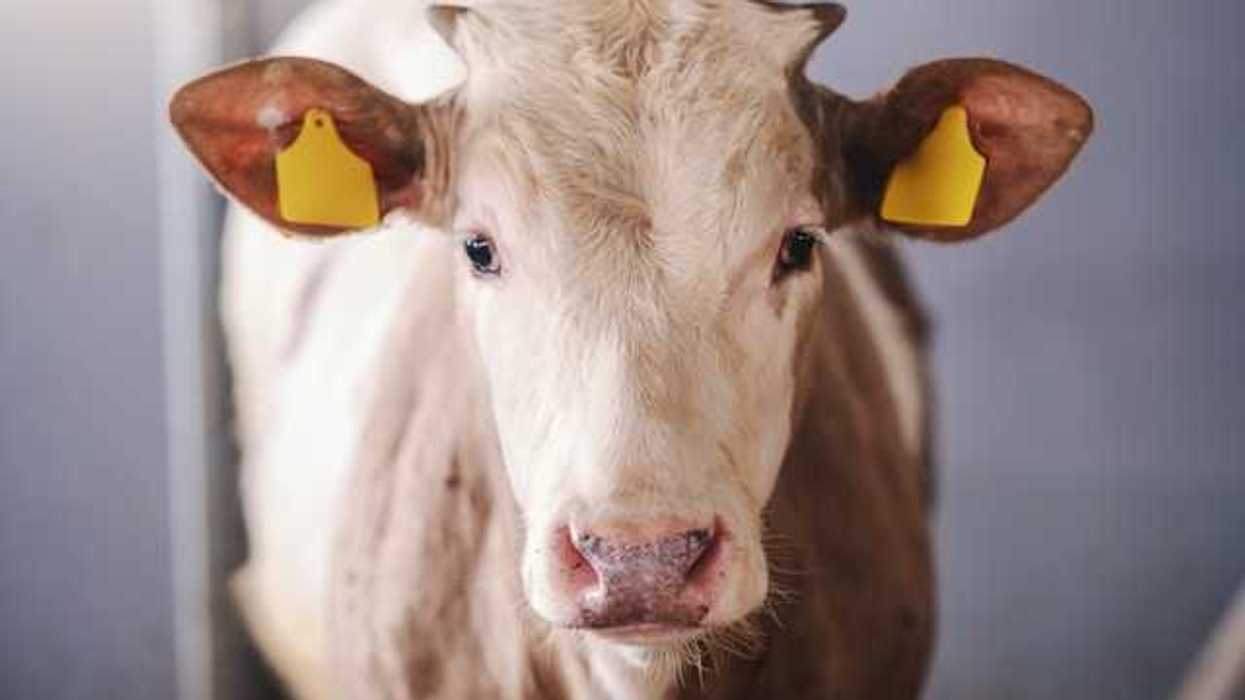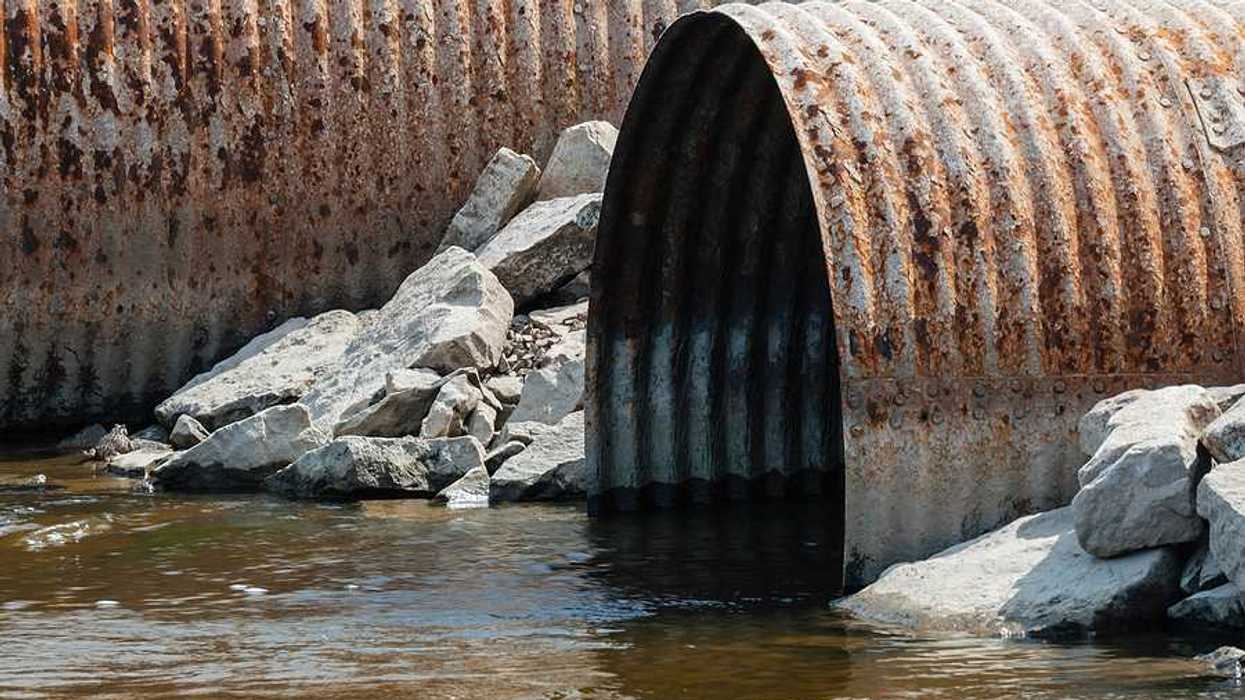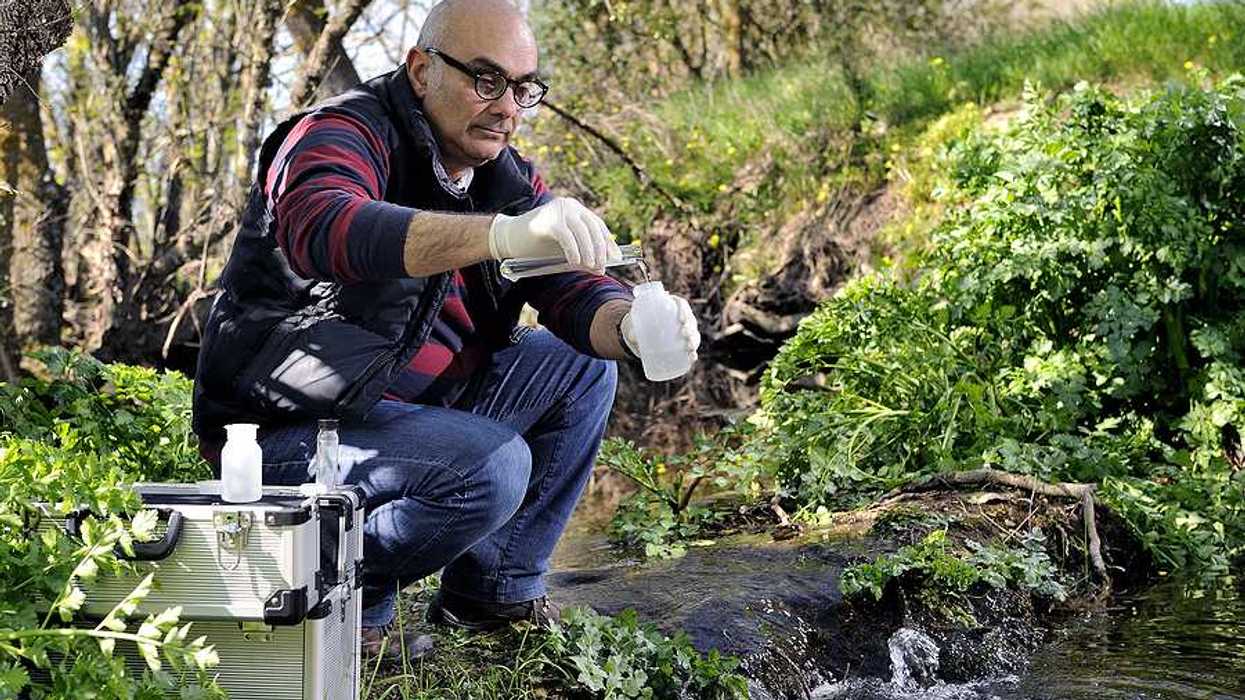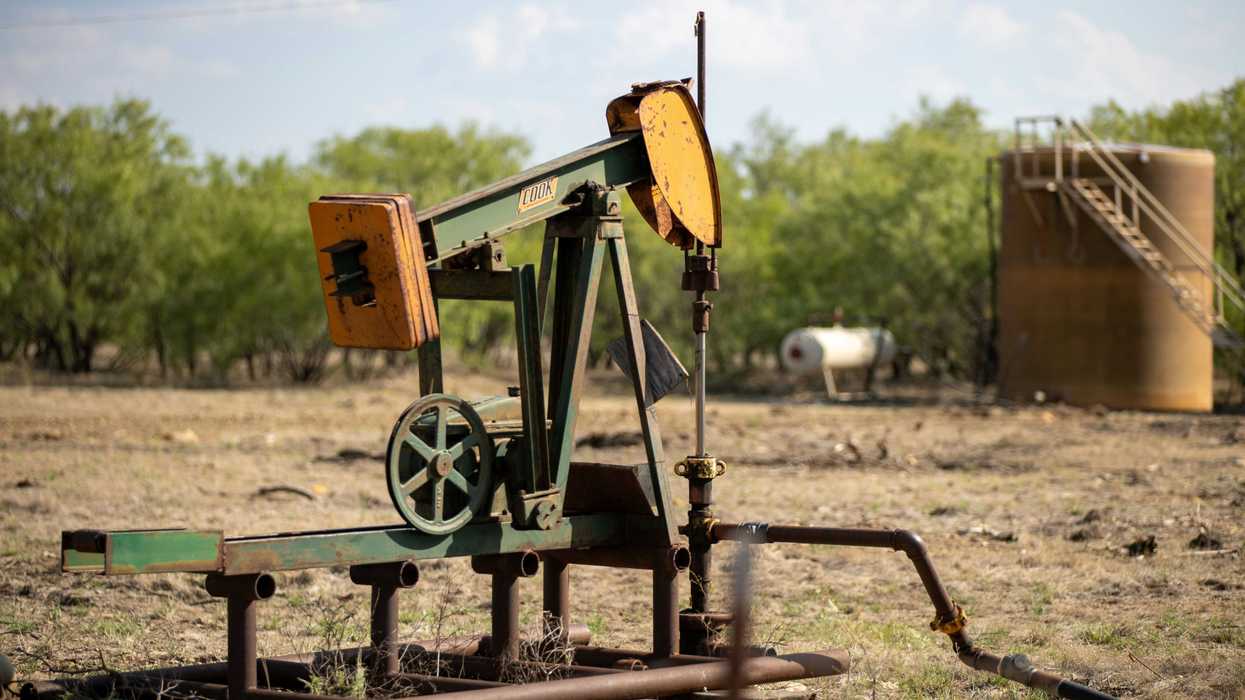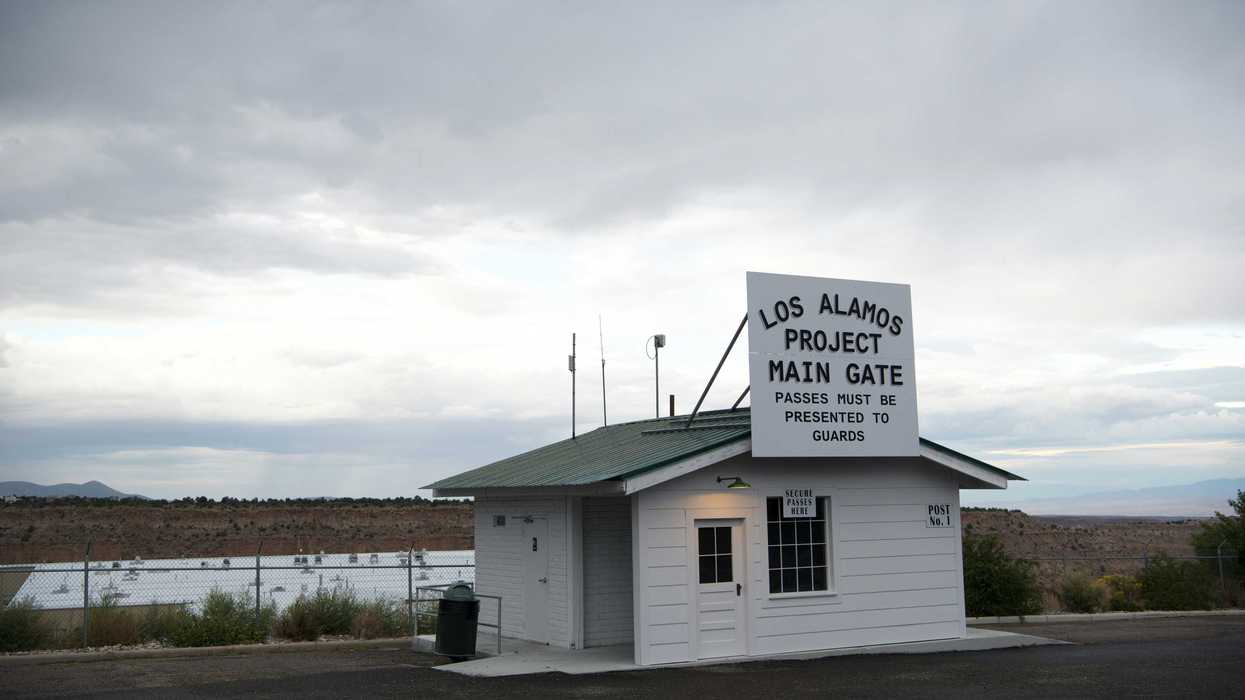Residents of Yucatán blame sprawling pig mega-farms for polluting their water, damaging biodiversity and causing illnesses in local communities.
Patricio Eleisegui and Patrick Greenfield report for The Guardian.
In short:
- Yucatán’s growing network of pig mega-farms, housing up to 50,000 animals each, leaks waste, antibiotics and hormones into local water sources.
- Studies found high levels of contamination, including E. coli, in cenotes and wells, correlating with rising intestinal infections in nearby towns.
- Residents accuse the largest pork producer, Kekén, of devastating forests and water systems, sparking protests and legal challenges against the industry.
Key quote:
“More than 90% of the 800 pig factories estimated to exist in Yucatán operate without any type of environmental permit.”
— Lourdes Medina Carrillo, environmental lawyer
Why this matters:
Unregulated industrial farming threatens public health, destroys ecosystems and compromises essential resources like clean water. Regions like Yucatán, already vulnerable due to porous limestone aquifers, illustrate the global challenge of balancing agriculture and environmental stewardship.


